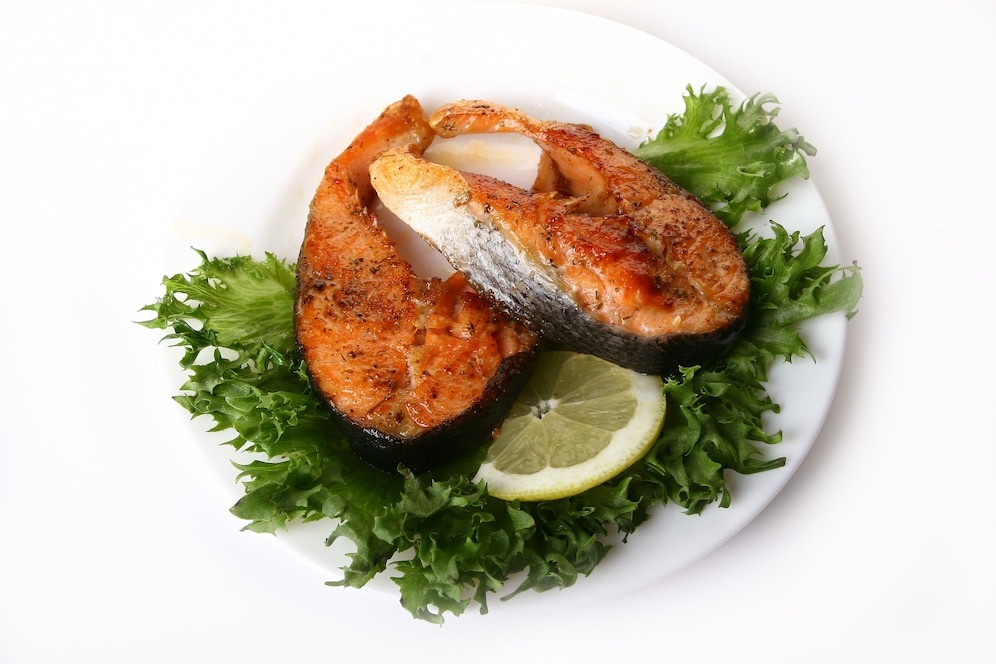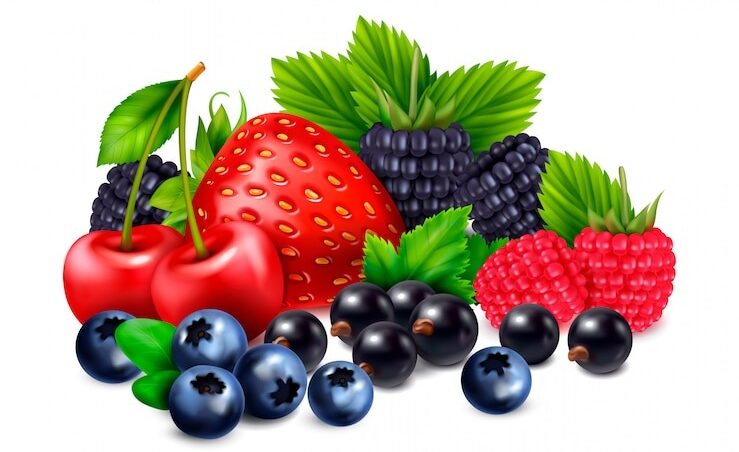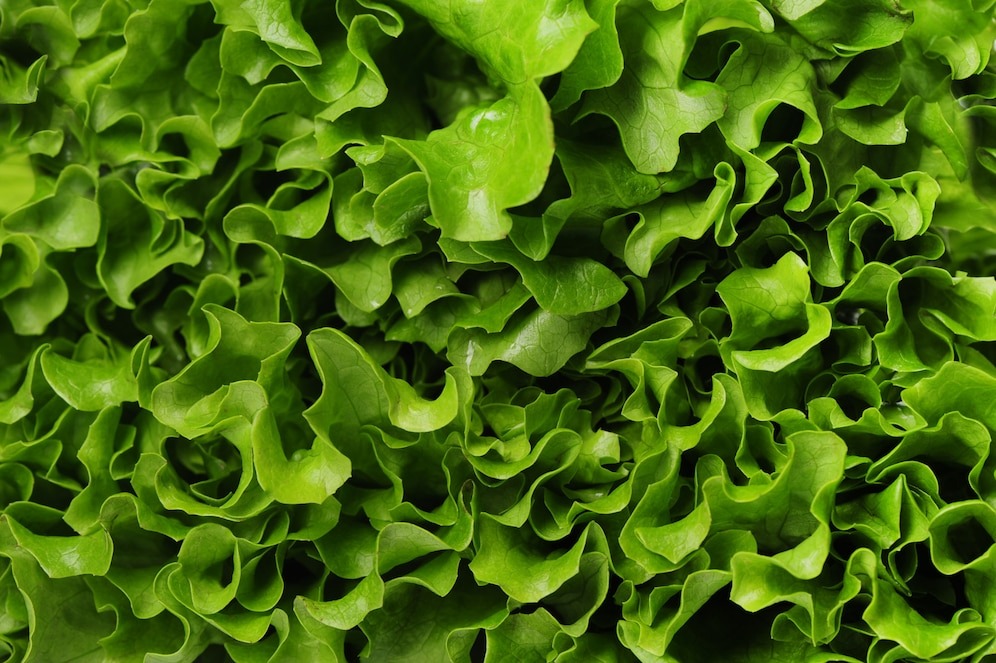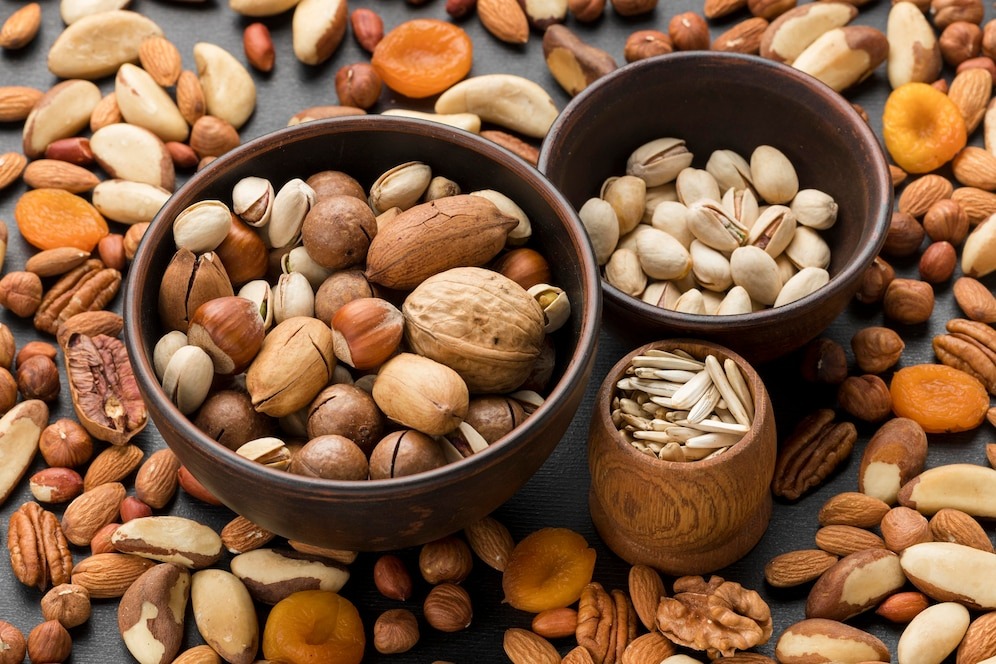Inflammation is a natural and essential part of our body’s defence mechanism, helping us fight off infections and heal injuries.
However, when inflammation becomes chronic and persists over an extended period, it can contribute to various health problems, including heart disease, diabetes, cancer, and autoimmune diseases.
Fortunately, one of the most powerful tools we have to combat chronic inflammation is our diet. By incorporating anti-inflammatory foods into our daily meals, we can help reduce inflammation and promote overall health.
In this comprehensive guide, we will explore seven potent anti-inflammatory foods that you should consider adding to your diet.
1. Fatty Fish

Omega-3 Fatty Acids: Nature’s Anti-Inflammatory Agents
Fatty fish, such as salmon, mackerel, sardines, and trout, are renowned for their high content of omega-3 fatty acids. These healthy fats are a cornerstone of an anti-inflammatory diet. Omega-3 fatty acids, particularly eicosapentaenoic acid (EPA) and docosahexaenoic acid (DHA), have profound anti-inflammatory properties.
The mechanism by which omega-3s combat inflammation is multifaceted. They inhibit the production of inflammatory molecules known as prostaglandins and leukotrienes, reduce the expression of pro-inflammatory genes, and enhance the production of specialized pro-resolving mediators (SPMs), which actively resolve inflammation.
Regular consumption of fatty fish has been associated with a lower risk of chronic diseases such as heart disease, rheumatoid arthritis, and inflammatory bowel diseases. For those who may not be fond of fish, fish oil supplements can also provide the benefits of omega-3s.
2. Berries

Anthocyanins: A Rainbow of Anti-Inflammatory Antioxidants
Berries, including blueberries, strawberries, raspberries, and blackberries, are nutritional powerhouses packed with antioxidants called anthocyanins. These natural compounds are responsible for the vibrant colors of berries and are well-known for their potent anti-inflammatory effects.
Anthocyanins work by neutralizing harmful free radicals and reducing oxidative stress in the body. By doing so, they help to quell inflammation at its source. Additionally, these compounds have been linked to improvements in cognitive function and a reduced risk of age-related cognitive decline.
Incorporating a variety of berries into your diet provides a delightful way to harness the benefits of anthocyanins while satisfying your sweet tooth with a healthy twist. Also Read- Can I Eat Banana While Having a Fever?
3. Turmeric

Curcumin: The Golden Spice of Inflammation Control
Turmeric is a bright yellow spice derived from the rhizomes of the Curcuma longa plant. It contains a bioactive compound called curcumin, which is celebrated for its remarkable anti-inflammatory properties. Curcumin has been the subject of extensive research and is considered a natural alternative to non-steroidal anti-inflammatory drugs (NSAIDs).
Curcumin’s anti-inflammatory mechanisms are diverse. It inhibits the activity of inflammatory enzymes like cyclooxygenase-2 (COX-2) and lipoxygenase (LOX), effectively blocking the production of prostaglandins and leukotrienes. Furthermore, it suppresses the activation of nuclear factor-kappa B (NF-kB), a master regulator of inflammation.
To enhance curcumin absorption, it’s advisable to consume turmeric with a pinch of black pepper, which contains piperine, a compound that significantly improves curcumin’s bioavailability.
4. Leafy Greens

Nutrient-Rich and Naturally Anti-Inflammatory
Leafy greens such as spinach, kale, Swiss chard, and collard greens are not only nutritional powerhouses but also offer impressive anti-inflammatory benefits. These vegetables are rich in vitamins, minerals, fiber, and antioxidants, making them essential components of an anti-inflammatory diet.
One of the key anti-inflammatory components found in leafy greens is vitamin K. This nutrient plays a crucial role in regulating inflammation within the body by inhibiting the activity of pro-inflammatory molecules. Additionally, the high fiber content in leafy greens promotes a healthy gut microbiome, which contributes to reduced inflammation and improved overall health.
5. Nuts and Seeds

Healthy Fats and Abundant Nutrients for Inflammation Control
Nuts and seeds, including almonds, walnuts, flaxseeds, and chia seeds, are nutritional gems packed with healthy fats, fiber, and an array of anti-inflammatory nutrients. One of the standout features of these foods is their high content of alpha-linolenic acid (ALA), a type of omega-3 fatty acid.
ALA, similar to the omega-3s found in fatty fish, possesses anti-inflammatory properties. It can help mitigate inflammation and promote heart health. Moreover, nuts and seeds are rich in magnesium, a mineral that plays a vital role in reducing inflammation, as well as antioxidants that further contribute to their anti-inflammatory benefits.
6. Ginger

The Spicy Solution for Inflammation
Ginger, a pungent and aromatic root, has a long history of medicinal use in various cultures. It contains bioactive compounds, such as gingerol, which are responsible for its potent anti-inflammatory and antioxidant effects. Gingerol has been extensively studied for its ability to reduce inflammation and alleviate pain, making it a valuable natural remedy for conditions like osteoarthritis and rheumatoid arthritis.
Ginger can be incorporated into your diet in various ways, from adding freshly grated ginger to dishes, brewing ginger tea, or using it as a spice in both savory and sweet recipes. Its versatile and zesty flavor can enhance the taste of many dishes while providing powerful anti-inflammatory benefits.
7. Green Tea

Catechins and Epigallocatechin Gallate (EGCG): Sipping Inflammation Away
Green tea is not only a soothing beverage but also a source of potent antioxidants known as catechins, with epigallocatechin gallate (EGCG) being the most abundant. EGCG is the primary catechin responsible for green tea’s remarkable anti-inflammatory properties.
EGCG’s anti-inflammatory effects are multifaceted. It helps regulate the activity of immune cells, reducing the production of inflammatory cytokines. Additionally, it modulates signaling pathways associated with inflammation and oxidative stress. Regular consumption of green tea has been linked to reduced inflammation, improved blood vessel function, and overall enhanced health.
Conclusion
Incorporating these seven anti-inflammatory foods into your daily diet can serve as a powerful strategy to combat chronic inflammation and promote better overall health.
It’s important to remember that achieving and maintaining health requires a holistic approach that includes a balanced diet, regular physical activity, and other healthy lifestyle choices.
By making these anti-inflammatory foods a consistent part of your meals, you can take proactive steps towards reducing inflammation, protecting against chronic diseases, and enjoying a healthier, more vibrant life. So, why wait? Start adding these anti-inflammatory powerhouses to your plate today!




